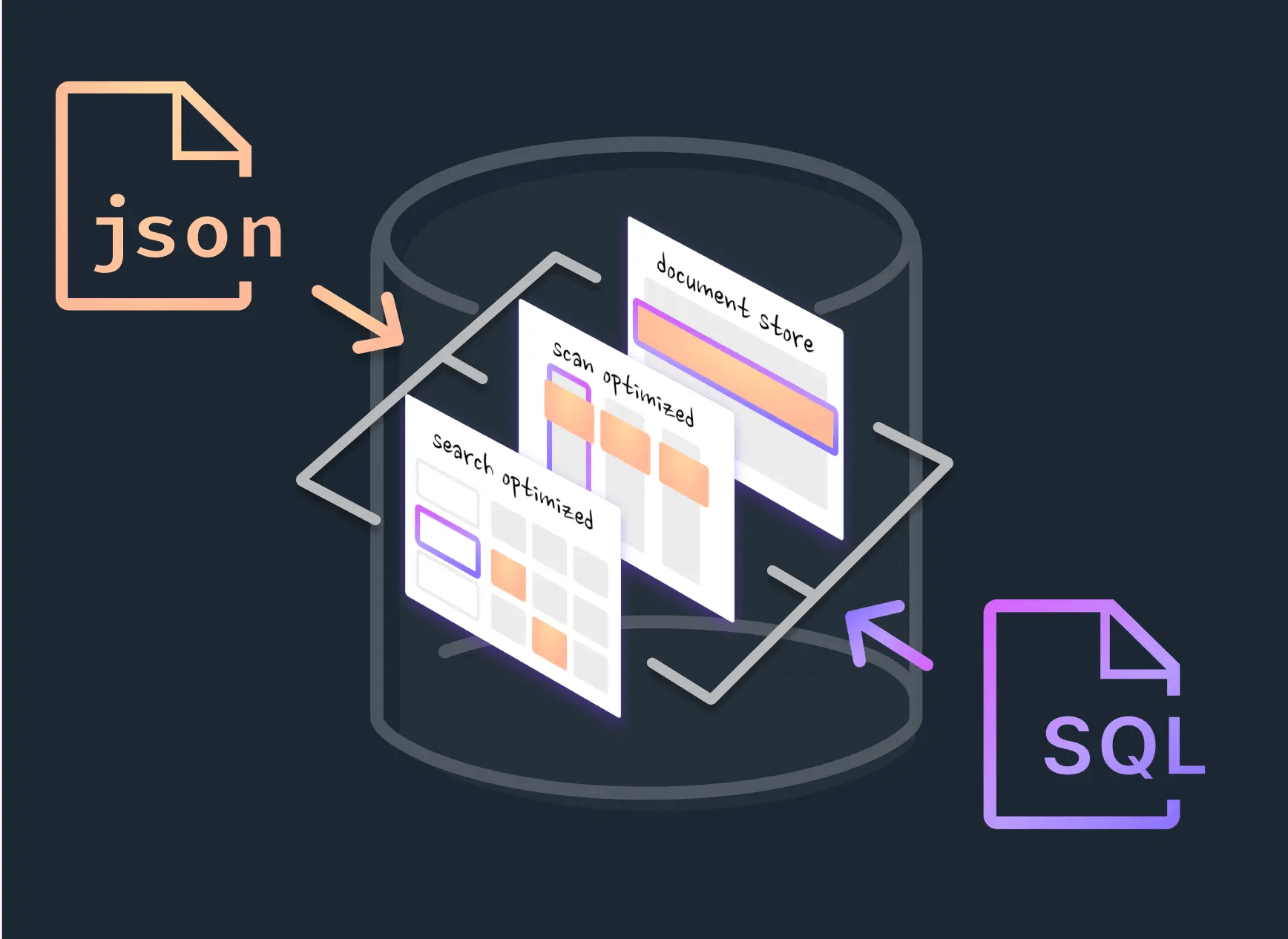Rockset, a company building tools to drive real-time search and data analytics, today announced that it raised $44 million — $37 million in equity and $7 million in debt — led by ICON Ventures with participation from Glynn Capital, Four River Partners, K5 Global, Sequoia and Greylock.
CEO Venkat Venkataramani says that the new capital, which brings Rockset’s total raised to $105 million, will be put toward R&D, geographic expansion and increasing Rockset’s investment in sales and marketing.
“We raised venture debt as it reduced our average cost of capital, gave us more flexibility with our finance operations while also keeping our dilution low,” Venkataramani told TechCrunch in an email interview. “We founded Rockset to bring the power of search and AI to all the digital disruptors in the world. I want to empower everyone from Fortune 500 to a five-person startup to build powerful data applications and scale them efficiently in the cloud.”
Prior to coming to Rockset in 2016, Venkataramani spearheaded managing and scaling Facebook’s online data infrastructure, contributing to the social network’s underlying graph technology. Venkataramani co-founded Rockset with Dhruba Borthakur, the creator of RocksDB, an open source embedded database, and Tudor Bosman, a fellow ex-Facebook employee who helped build Facebook’s real-time search tools.
Venkataramani, Borthakur and Bosman say that they were inspired to launch Rockset by the challenge of mining enterprise data for insights. According to a recent PwC survey, 43% of business leaders say that they obtain little tangible benefit from their company’s data, owing to major roadblocks in locating, organizing and operationalizing that data.
“The economic slowdown has meant smaller teams and smaller budgets for startups and enterprises alike,” Venkataramani said. “And the AI rush has meant bigger roadmaps with more urgency. Rockset brings cloud-native speed, efficiency and simplicity, which means digital disruptors can now do more with less in this macroeconomy.”
Rockset’s platform automatically ingests data from sources like MongoDB, DynamoDB, AWS and Google Cloud and then indexes that data for search and analytics applications. Using its tools, customers can create personalized experiences, build decision systems and serve internet of things applications with an indexing database that powers fast queries.

Image Credits: Rockset
This year, Rockset released vector search functionality, which lets developers index and update metadata and vector embeddings — representations of data that capture their meaning and relationships — in real time. Vectors enable machines to structure and make sense of data, enabling them to understand, for example, that words close together in “vector space” — like “king” and “queen” — are related and quickly surface them from a database of millions of words.
Rockset can underpin things like recommendation engines, logistics-tracking dashboards and even chatbots, particularly in domains like fintech and e-commerce. For example, Whatnot, a marketplace for products like sports cards and sneakers, is using Rockset to serve e-commerce recommendations, while esports vendor Egogames is leveraging the platform to detect fraud.
Rockset doesn’t stand alone in the market for real-time search and analytics tools.
Elastic, the incumbent, develops and maintains the Elasticsearch search engine. Marqo recently launched out of stealth with an open source vector search engine for AI applications. And there’s Imply, which last year reached unicorn status with a $100 million VC infusion.
But Venkataramani asserts that Rockset does it better — and, unlike some of its competitors, was built to run in the cloud as opposed to on-premises. He points to the platform’s auto-scaling features, which abstract away provisioning server clusters while optimizing for cost, and Rockset’s performance-preserving ability to isolate the compute required to ingest data from processing search queries.
“Every organization is now acquiring valuable, business critical data in real time and is looking to leverage it to build better products for their customers or operate their business more efficiently,” he said. “Previous generations of databases weren’t built for search and AI apps, and either become too expensive since they’re not built for real-time search and AI, or too clumsy to operate and scale — hence increasing development costs.”
Whether because of its technological superiority or marketing strategy, Rockset appears to be doing quite well for itself, tripling revenue and doubling its customer base (to more than 250 brands) year-over-year two years in a row. One recent notable addition to the customer roster is JetBlue, which tapped Rockset as a component of its chatbot for flight delay predictions. Meta also now uses Rockset in its PyTorch AI infrastructure, Venkataramani says.
Venkataramani stressed that San Francisco-based Rockset has been “disciplined” in controlling its expenses and margins so far, and that it’s in a “healthy” financial position further strengthened by today’s VC infusion (despite the venture debt). Headcount stands at around 80 employees at present — a number he expects will grow to roughly 100 by January 2024.
“We intentionally hired a small but mighty engineering team, and we’ve stayed lean and efficient in our go-to-market operations,” Venkataramani added.
